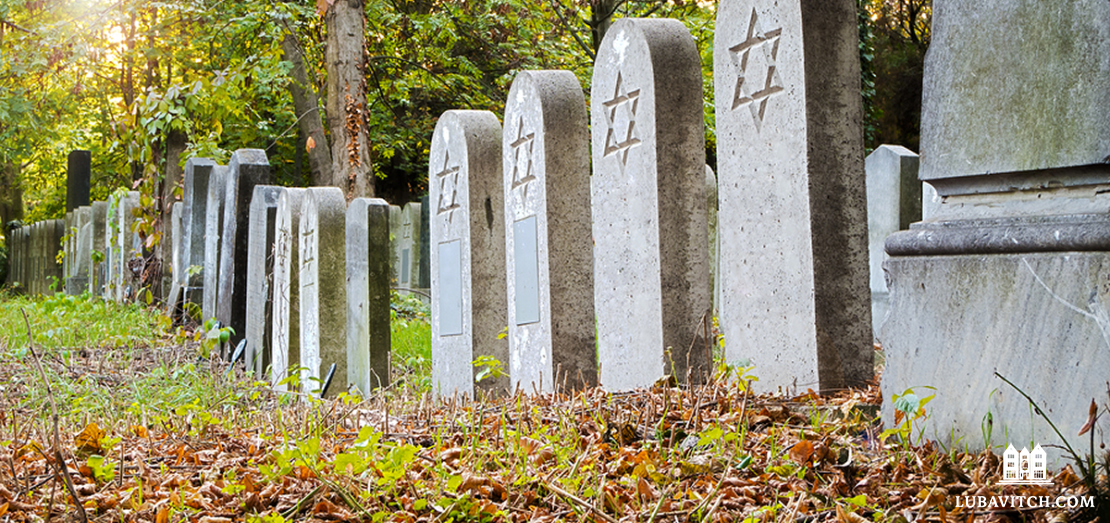My world turned upside down in the early hours of Monday, February 6th. The time of the call—3:00 am—and the caller—my mother’s nursing home—telegraphed the news before the words were spoken. An unfamiliar voice told me that my mother, 87 and in poor health, had passed away.
“How do we proceed,” I replied in a voice that sounded far away. Later, replaying that brief exchange, I suspect that I was asking about something larger than funeral logistics. How do we move forward without parents? Having lost my father in 2013, my mother’s passing felt as if the “N” had fallen off the compass face, leaving the magnetic needle swinging this way and that, unable to settle in its customary position.
I am not young. I have lived an independent, flourishing life for decades. And yet, without parents I often feel shorn of rootedness and direction. Their love shaped and guided my sister and me. With every act and word they built us up, impressing on us that our lives are precious. Where would we be, what would we be, without them? In the beginning, our parents give us our names. The Sages teach that parents receive a touch of prophecy when choosing names, and so the given name influences the child’s character and destiny.
As a little boy, I asked my mother about my name, which stood out among the Joes and Bobs and Billys who were my playmates. She told me about Alexander the Great sparing the Temple and treating the Jews with respect. That “teachable moment,” likely my first Jewish history lesson, came back to me while mourning her. The recollection seemed to hold some spiritual message which required decoding.
A few days later an old friend, a rabbi, called me. When I told him that reciting the Kaddish was helpful, he responded with a question. (He is a rabbi, after all.) “Who is the ‘great name’” mentioned in the prayer’s opening verse? The answer seemed so obvious that I prepared for the classic I-never-would-have-imagined answer that often follows a rabbinic question. Not this time: my friend said that of course “great name” refers to God. But then he offered a secondary interpretation. “You are keeping your mother’s name great by not letting it be forgotten.”
In the first days after the news, I felt as though I stood at the bottom of a deep and dark pit. The prayer’s Aramaic words, the guttural chets and hehs, the clicking nuns, acted like ropes and spikes, helping me climb upward, towards the light. My friend’s insight connected my mother’s bestowing my name on me with what I could now do for hers by saying Kaddish. It seemed he had uncovered a hidden spiritual truth that I had only sensed.
This connection received swift confirmation when I told another friend I wouldn’t be able to get to services one morning. He offered to say Kaddish for my mother, and asked me her Hebrew name. Later he told me that when he was in mourning for his mother, he had developed the custom of saying his mother’s name to himself before reciting the Kaddish.
As we say at the Passover Seder, dayenu, that should have been benefit enough from one prayer. But there is more. I am lifted up by the sound of the Kaddish. The steady, sonorous chant of many voices, the call and response between mourners and congregants, seem to tell the story of my people and of my mother.
Yit-gadel v’yit-kadash shmay rabo . . .
In the measured cadences I hear the steady march of the Hebrews through the wilderness, following the pillar of cloud by day and fire by night. It keeps time as they walk between the parted sea, a wall of water on either side, through a harsh landscape, and over treacherous mountain passes. Always, they keep moving forward. The prayer’s beat conveys an unshakeable determination to continue, without faltering, to the Promised Land.
That was how my mom lived her life. Born in humble circumstances, she worked tirelessly to better herself. I hear her footsteps too in the Kaddish, moving, always moving forward to escape the dreary Bronx apartment of her childhood, the one that lacked a room for her. The building had dark corridors, a slow, stuttering elevator, and only a fire escape to cool off on summer nights. It was also a place of cramped expectations. Her parents encouraged her to be a secretary. Instead, she got a master’s in economics and became a university administrator. Like her ancestors who left Egypt, she followed a twisting path towards a better place, a place of promise.
And just as surely as she gave me my name, Alexander ben Aryeh Leib, so I will rise from my seat in the days ahead and recite the prayer that elevates, ever higher, the name Shulamit bat Moshe.
This column is devoted to the memory of Sandra Troy, Shulamit bat Moshe (June 24, 1935 – February 6, 2023). May her memory be a blessing always.
The writer welcomes comments from readers, and invites you to comment below or email him at alex.troy@honestscholar.com
Alex Troy worked at two Jewish schools, teaching history at one and serving as head of the other. He has written a novel inspired by his time as an educator, which will be published in 2023. Alex also worked as a lawyer and investor. He and his wife, Dale, have three grown daughters. They live in Florida and Connecticut.

David Emanuel Lane
I hope these heartfelt words you wrote help you heal.
Beth Milstein
Mitch just sent me this. It’s such a beautiful article and tribute to your mom. Sending my deepest condolences and love.